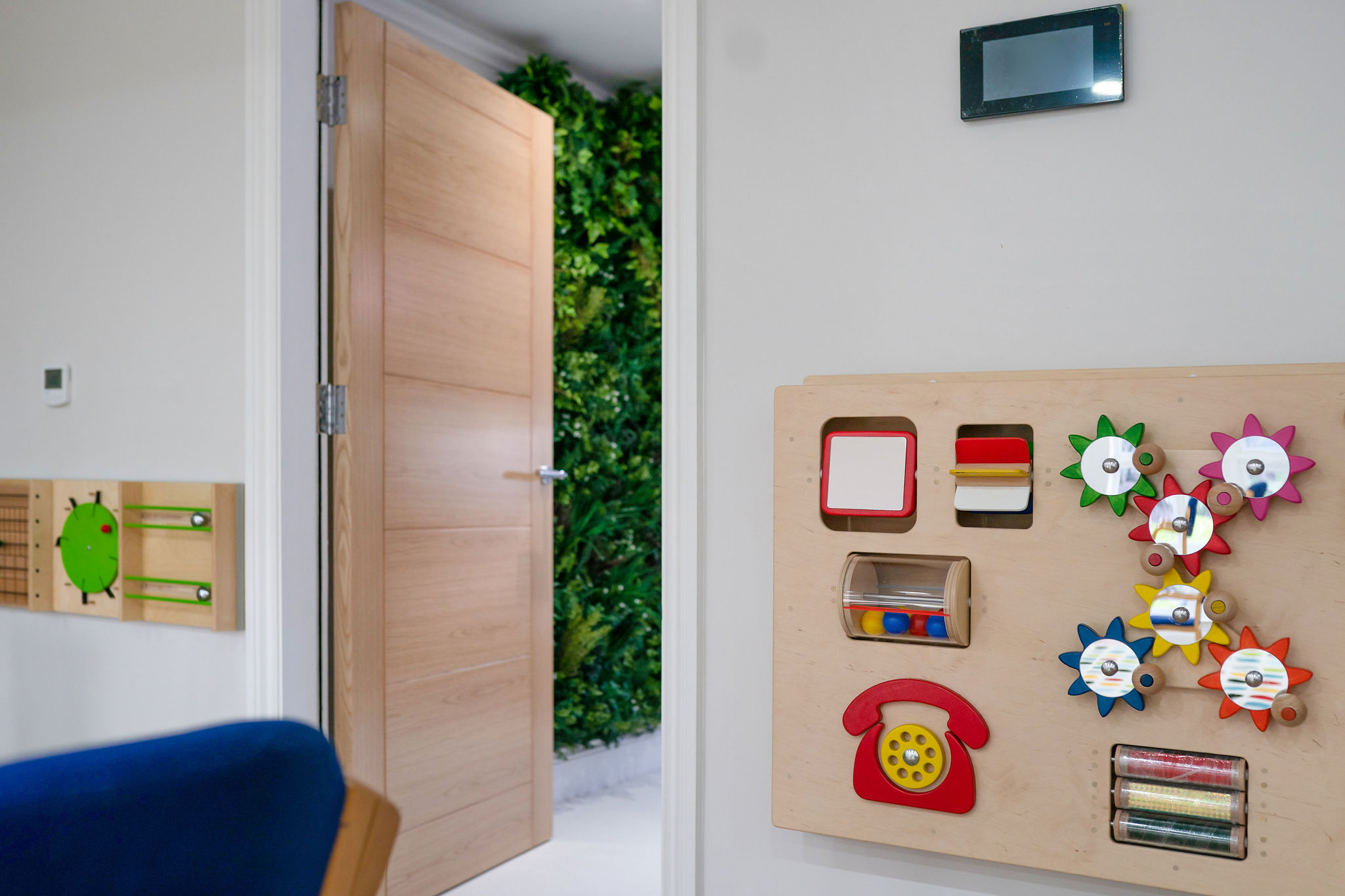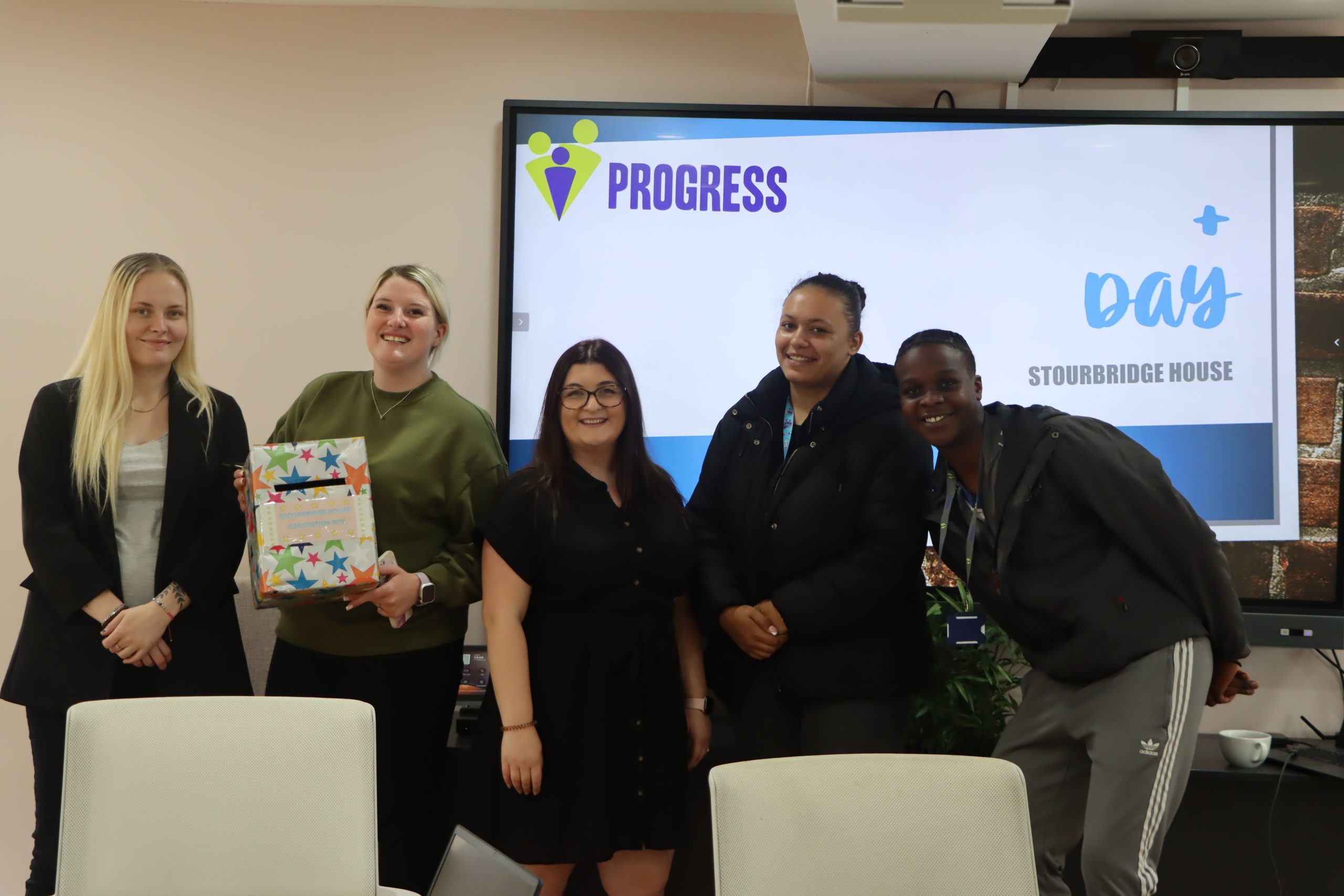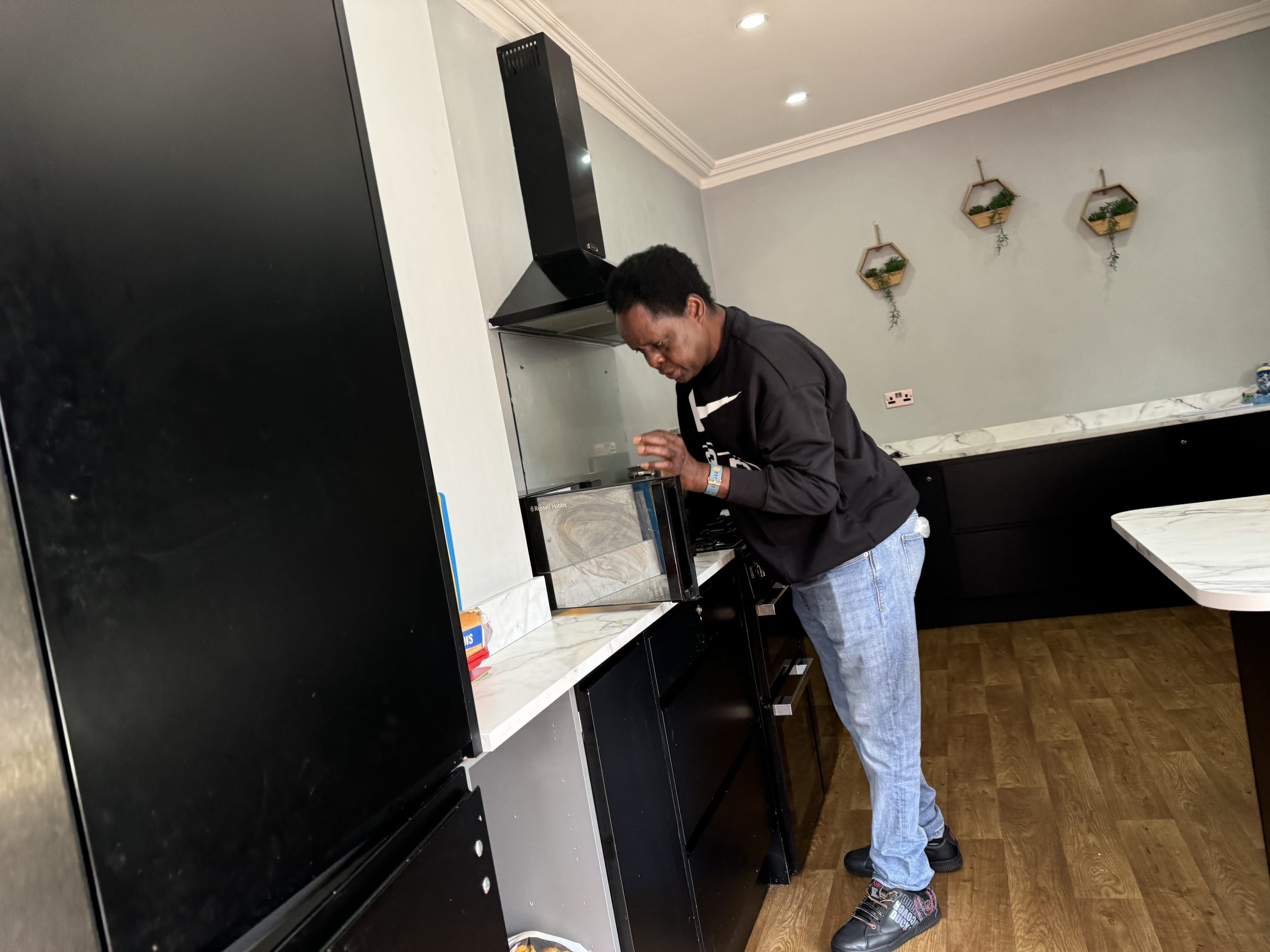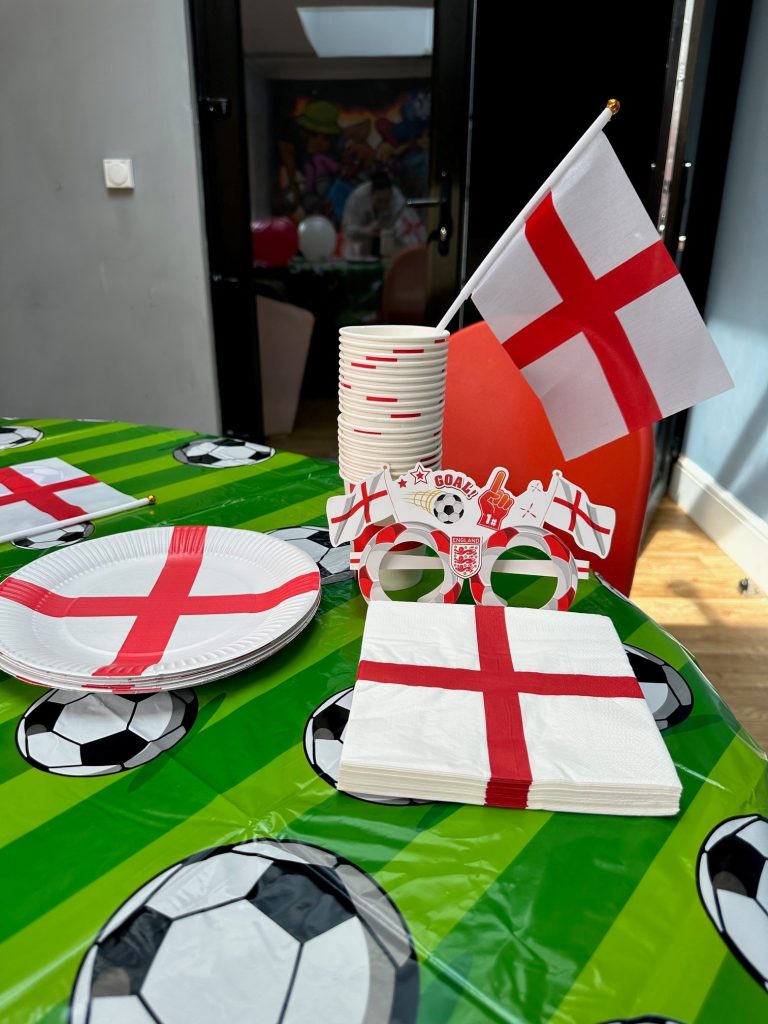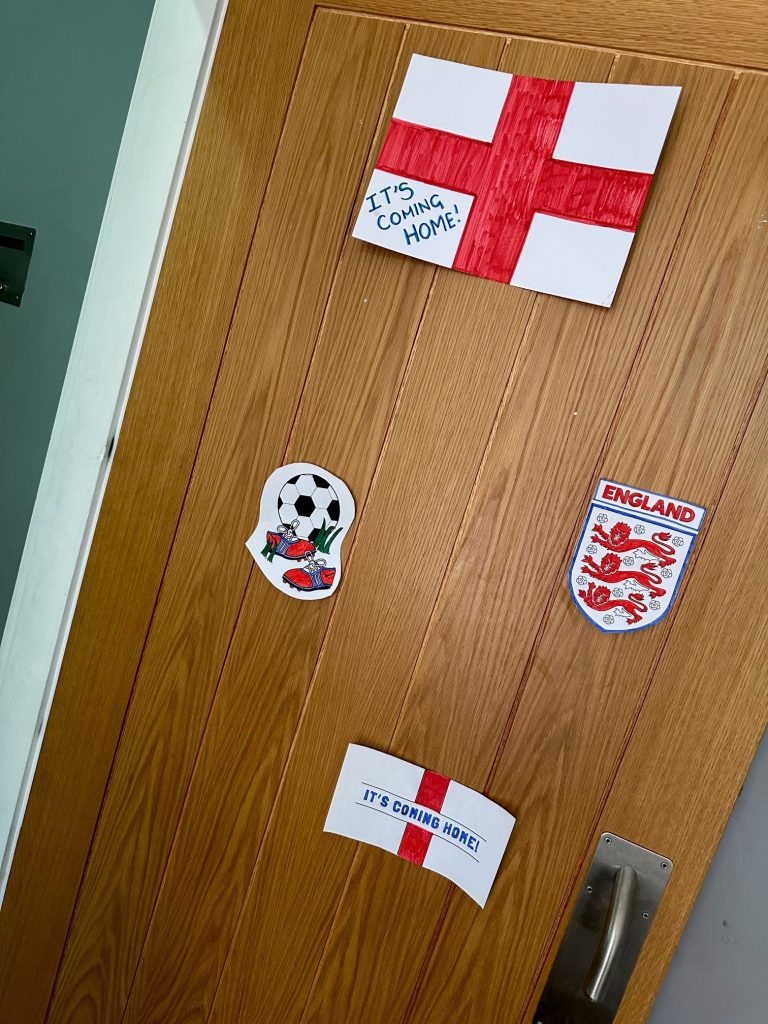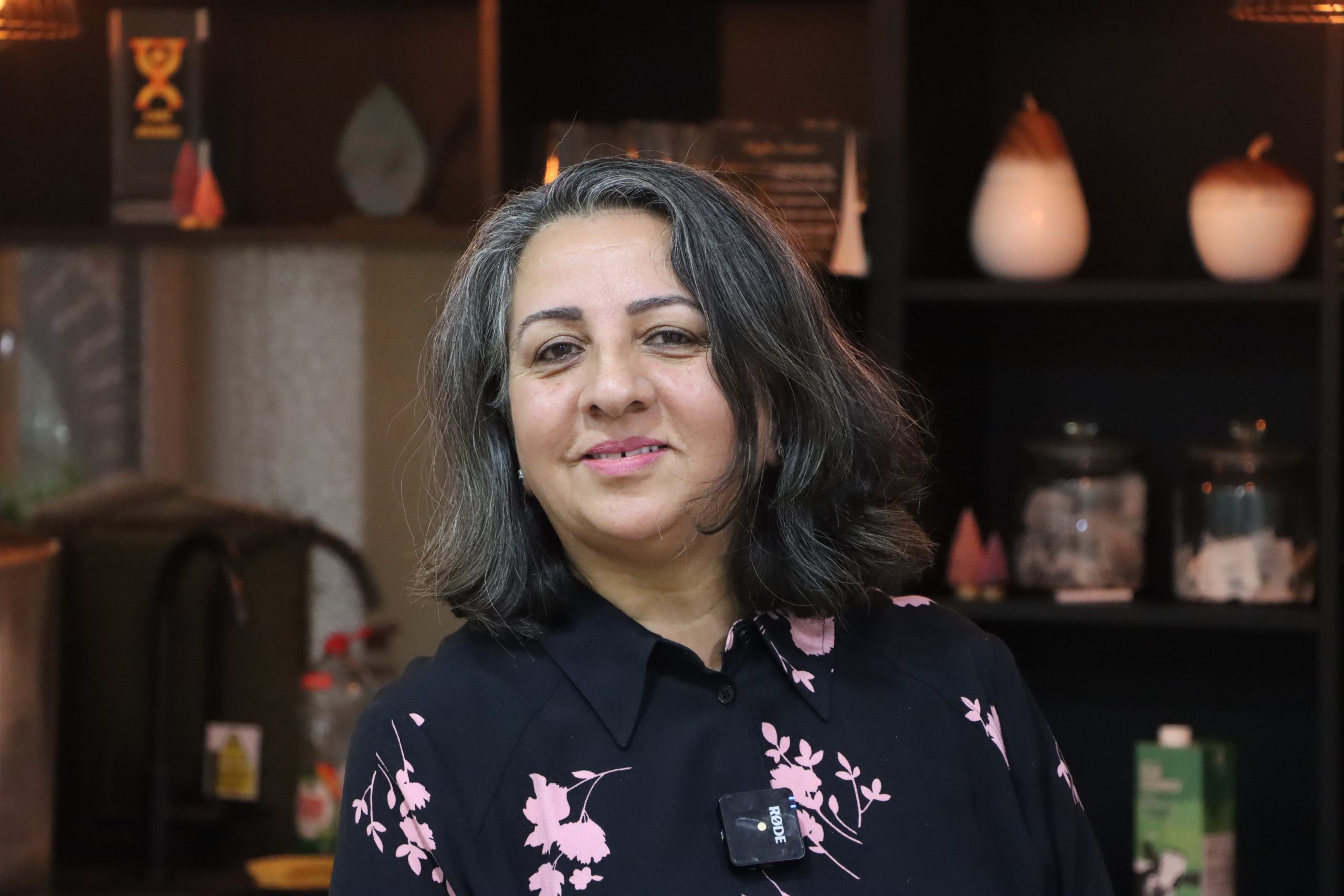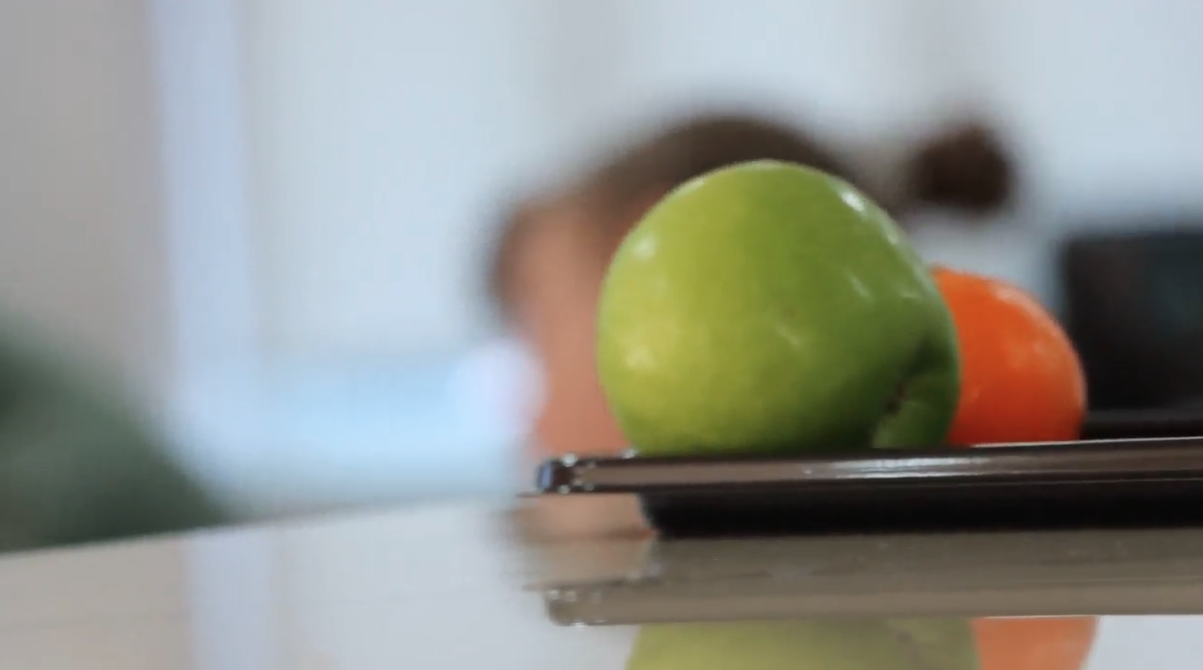Renee, a support worker (supported living) at The Hub Service at Progress, brings a vibrant and compassionate spirit to her role, making a significant impact on the lives of young adults with severe learning disabilities and complex needs. Renee recently shared her experiences, daily routines, and the joy she finds in her work.
Originally from Bermuda, Renee’s career began in sales and retail before she moved to the UK seven years ago. She joined Progress a little over a year ago and quickly adapted to her new role. Reflecting on her journey, Renee said, “I just come in, and whatever the young person feels like doing, we do. My plan is to have fun, take care of them the best I can, and make sure they enjoy their life.”
A typical day for Renee involves a mix of activities tailored to the needs and preferences of the young adults she supports. She explained, “If the young person feels like going out, we go out. If not, we find fun things to do indoors.” Her flexibility and enthusiasm are key to creating a positive and engaging environment for the residents.
One of the most memorable moments for Renee was a birthday celebration for a young girl at The Hub. “We had an animal man come, and all the young people were excited to see and hold the animals. Everyone had fun, and it went smoothly. The birthday girl was so happy; she said, ‘I love you. This is nice.’ It warmed my heart,” Renee recalled.
Despite the challenges, Renee finds immense fulfilment in her work. She emphasised, “My goal is to make them have fun and enjoy different things. Seeing them smile and engage with people warms my heart.” Her dedication to ensuring that each day is enjoyable and meaningful for the residents is evident in her approach.
Renee also highlighted the supportive and family-like atmosphere among the team at The Hub. “We stick together and help each other out. Management is always there to support us, and I appreciate how they meet me halfway, especially when I have to adjust my work schedule due to personal issues,” she said.
When asked about the qualities needed to excel in her role, Renee mentioned patience, clarity, teamwork, and good communication. “I know passion and patience are crucial,” she added.
Renee’s journey at The Hub is a testament to the transformative power of dedicated care and a positive attitude. Her ability to create a fun and nurturing environment not only enriches the lives of the young adults she supports but also brings her a sense of joy and accomplishment. As she continues to grow in her role, Renee remains committed to making a difference, one smile at a time.
If you are suitably qualified and have a passion for working with young people in a supportive and dynamic environment, we encourage you to explore the career opportunities at Progress. Click here to learn more about our current vacancies and how you can become part of The Hub family.




